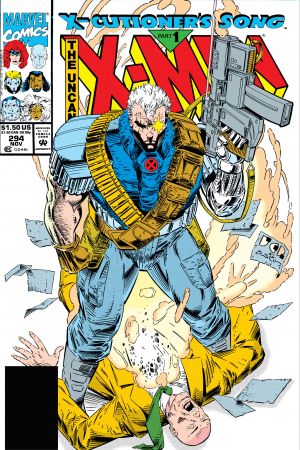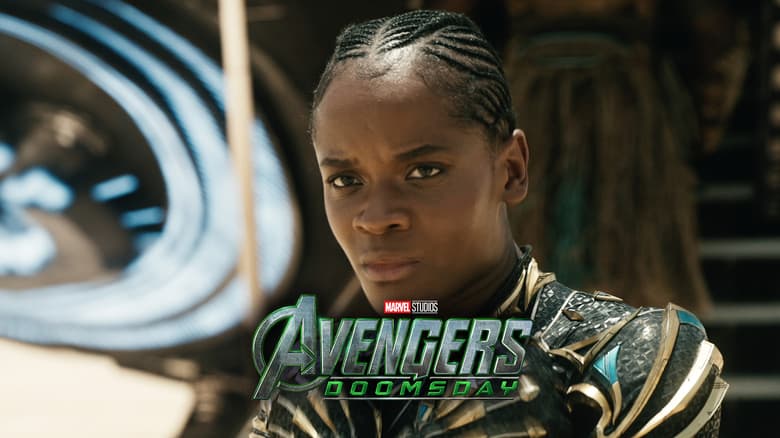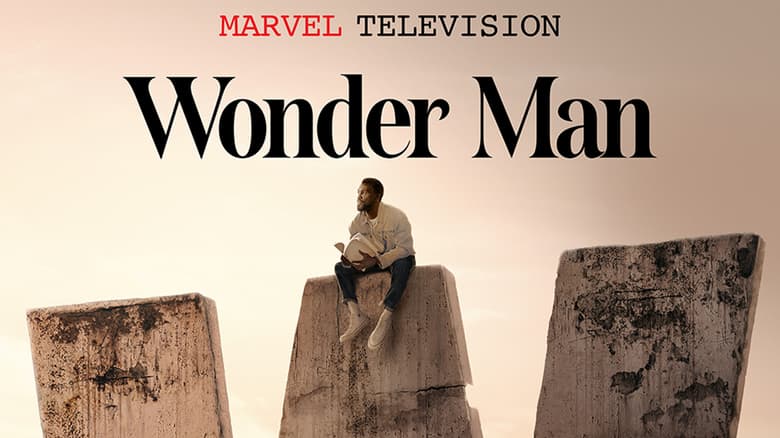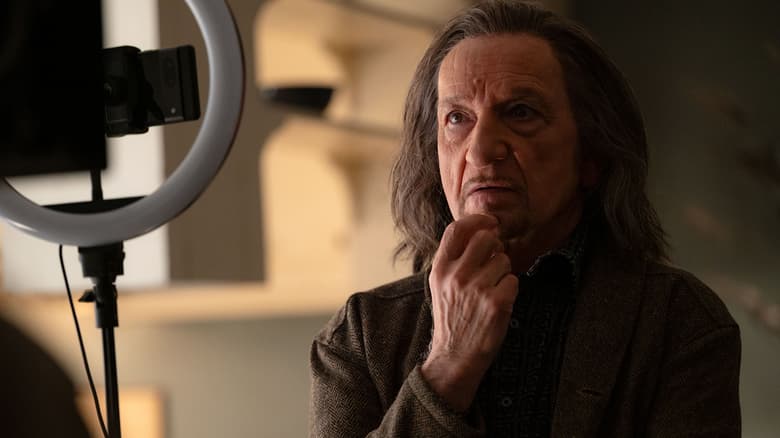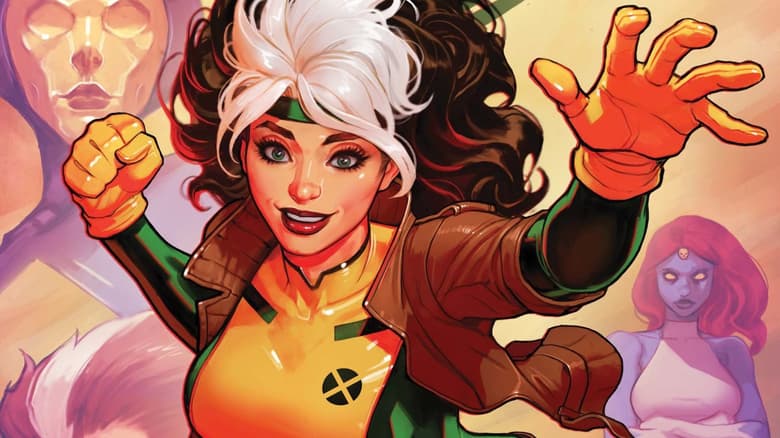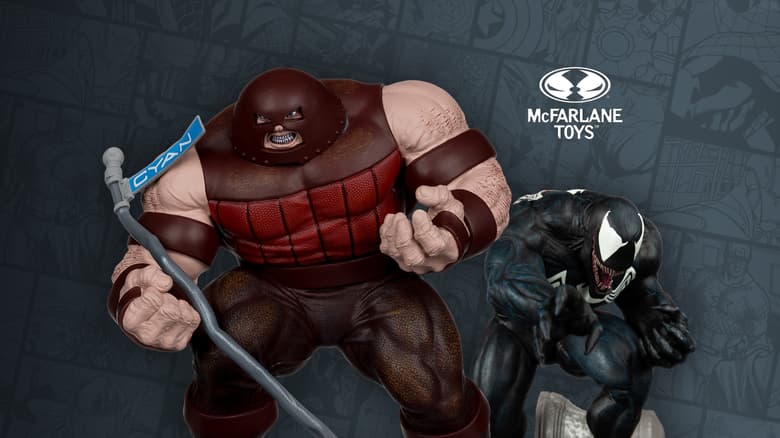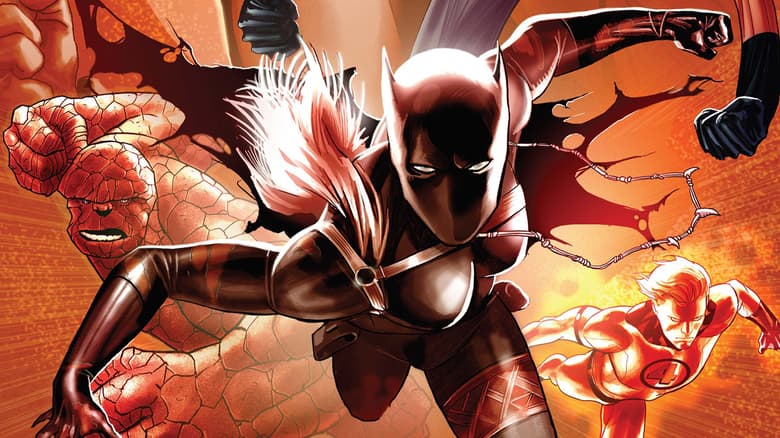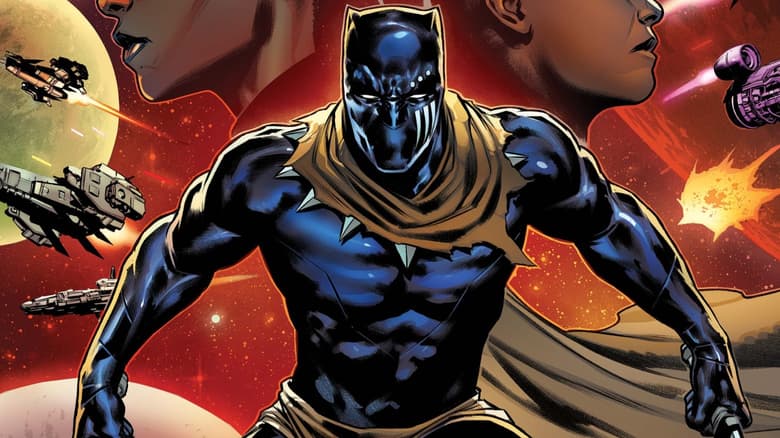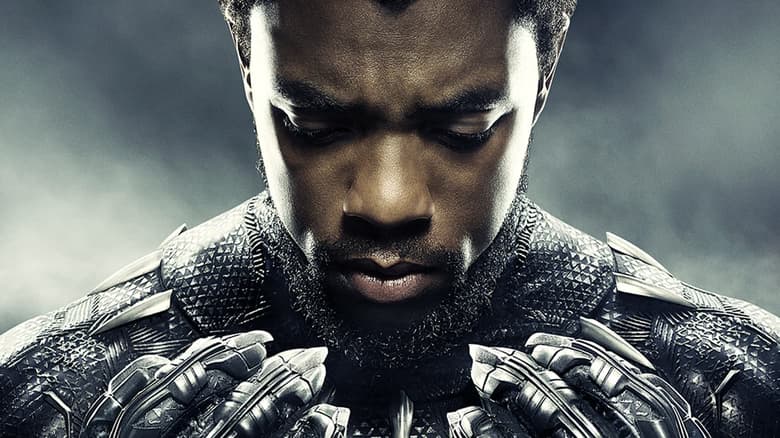Writer Tochi Onyebuchi on T'Challa's Origins and 'Black Panther Legends'
Uncover some behind-the-scenes insights into the new Black Panther story—on shelves now!
In 2011, Tochi Onyebuchi first walked into the Marvel offices in New York City as an intern for the digital media department—I remember it well, because I was his supervisor at the time! Now, a decade later, this extraordinary talent assumes a new role at the House of Ideas as the writer of BLACK PANTHER LEGENDS!
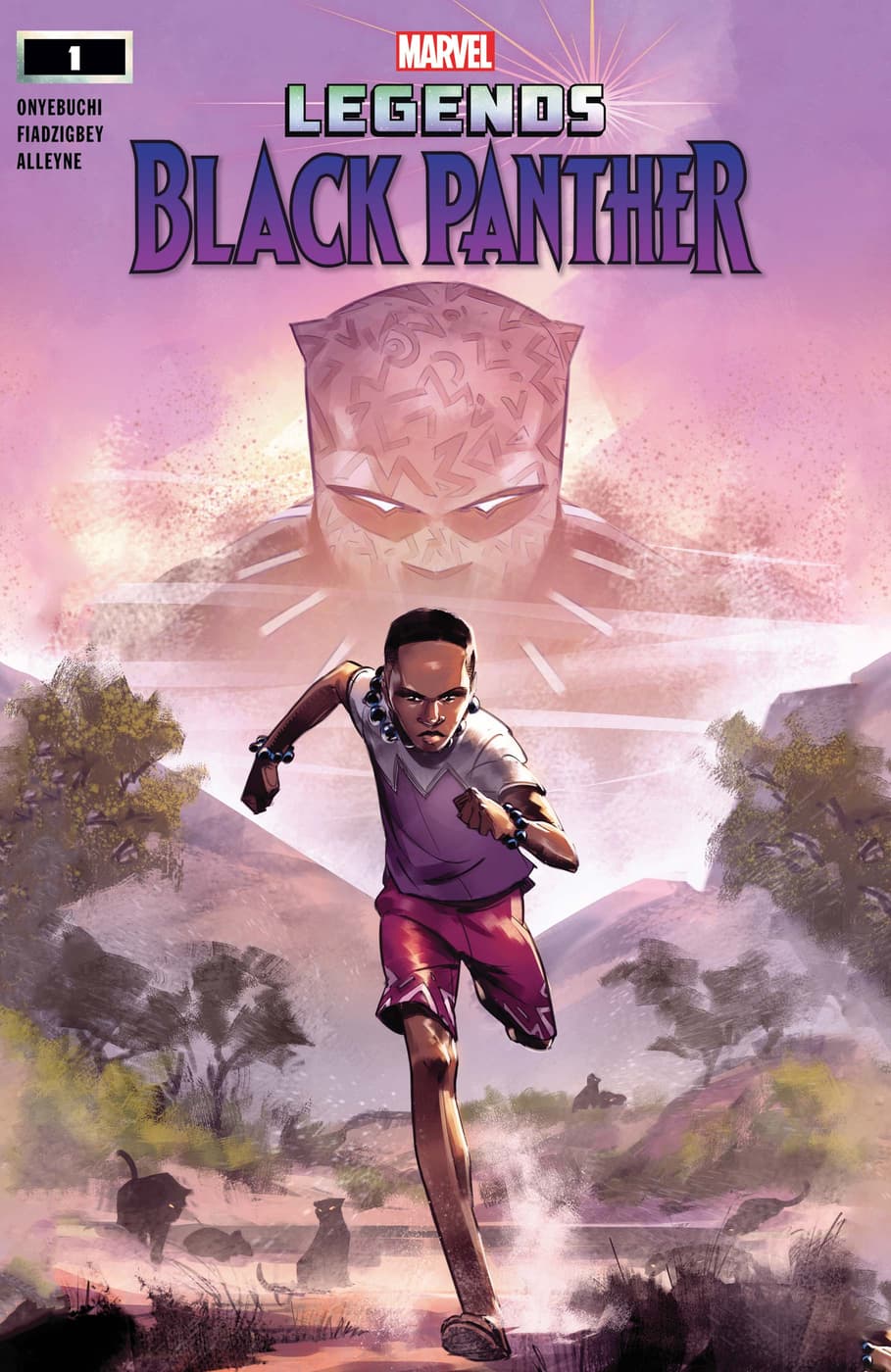
Before he teams with artist Setor Fiadzigbey for a revolutionary retelling of T’Challa’s formative years, Tochi sat down with his old boss to talk through his road to this landmark as well as plans for Hunter, Storm, and of course, the Black Panther.
How are you doing, Tochi?
Tochi Onyebuchi: It’s funny because there is a part of my brain that’s in work mode—let me get my outline in on time, let me get my pages in on time—but then there’s another part of me that’s like, “Is this real? Is this really happening?” Because I’ll get indications, like the comic will pop up in a Google news alert or I’ll see finished pages, but I still can’t totally process that I am writing a Black Panther book for Marvel.
What’s the story of how you went from a Marvel intern to writing BLACK PANTHER LEGENDS?
Like just about everybody who crosses paths with Marvel, I started as a huge fan. The Marvel books were not just formative in my adolescence, but in my growth as a storyteller. So many of the epic storylines like X-CUTIONER’S SONG or AGE OF APOCALYPSE were such touchstones for me when I started learning how to develop characters or work on pacing. They were educational in a sense!
In 2011 I was doing an MFA program at NYU-Tisch and one component of that was that you had to do an internship. I’m going to school with all these screenwriters and playwrights who are interning at theater companies and production offices. But I wanted to intern for Marvel! [Laughs] They gave me the thumbs up and I sent in my application. I didn’t think I was going to get it—it’s Marvel! But I got the internship! I was a digital media intern for Marvel, which was an absolute trip. It was my first ticket to New York Comic Con and that is an experience I will take with me and guard for the rest of my life. I was very fortunate to be working with such an incredible cohort of interns across departments. It was magical. Some of my most lasting friendships started in that office.
After film school, I went to law school, but I was also writing prose, novels and short stories. About a year after law school, I signed a contract for my first two young adult novels—that was the beginning of my journal as a novelist. For me it was never about writing in just one medium, I wanted to be a writer in the most omnivorous sense possible. I wanted to write in every medium that had inspired me. Foremost among those was comics, but I couldn’t figure out how to break in. “How to break into comics” is always a panel topic at conventions, but if there’s one takeaway it’s that there’s no one path.
What I ended up doing was just books and trying to grow my profile as a writer. I’m not privy to how all of this happened, but I believe some of my work crossed some desks at Marvel and I got to do a story in the MARVEL’S VOICES: LEGACY anthology. It was a Domino story, my first comic, my first Marvel comic and it was a dream experience—an absolute dream. I had the best conversations with my editor. It felt so liberating. I thought it was really cool and hoped they would let me do more! [Laughs] Then [Marvel] reached out about potentially doing a Black Panther book and given my background in YA writing, [LEGENDS] seemed like a particularly good fit since it was a book targeted at younger audiences. BLACK PANTHER LEGENDS is a reimagining of the origin story and T’Challa becoming Black Panther. It’s beautiful because so much of what I’ve learned on my journey as a writer so far in other media I get to inject into the comic writing process.
Talk to me a little bit about your personal history with T’Challa, with Black Panther. Were you a longtime fan or did you come to the character later?
I was an X-Men kid growing up, the X-Men books were my bread and butter. I think a pivotal event for me was AVENGERS VS. X-MEN, because that’s when I started adding other Marvel characters to my list of favorites. It was really cool seeing all of the interactions. That coincided with my growing awareness of issues of race in America. Growing up as the son of Nigerian immigrants, I always felt like I was in a position where I didn’t completely identify as an African-American; I can trace my family eight generations back, but I’m not fully Nigerian, because I was born in America. I operate in that sort of in-between space. Black Panther stood out for me because he and Wakanda were depictions of Africa that I didn’t see very often, particularly in western media. The most technologically advanced nation in the world is on the African continent—that was incredibly appealing to me.
But it was also about the possibilities where T’Challa could go as a character. I think it’s fascinating to explore all these different aspects of his identity that go into his being a hero. What is it like being an African hero? I don’t think I realized how incredible his impact was until the movie came out. To a lot of people that was their first exposure to T’Challa as a character and Wakanda as a concept. Seeing the reaction—particularly among continental Africans and African-Americans and the people in between—seeing the incredible reaction that sparked, there’s so much here with how this character resonates with people, what it’s like seeing him as a complicated, complex hero. He’s not just one-dimensional, he doesn’t just put on the suit and save people. I’ve always appreciated that about the Marvel books, the complexity of the heroes.
You’re going to be revisiting T’Challa’s origin as Black Panther in BLACK PANTHER LEGENDS. This is a story that has been told many times, both in the comics and on screen. As a writer, what are the pros and cons for you of exploring familiar territory like this?
It’s a very interesting question, particularly working as a Marvel writer because there’s so much history. Personally, as a creator, on one hand I want to honor the efforts of those who have come before and have told these stories while at the same time understanding that I was asked to be a part of this for a reason. I have a very unique take on this, a perspective that could enrich this story. It’s been so much fun seeing what I could get away with. [Laughs]
Another thing is that because of the way time works in comics, origin stories can take place in different contexts. T’Challa’s original origin story was placed in a very specific geo-political context, a very specific time and place in the world. T’Challa as envisioned in BLACK PANTHER LEGENDS has an origin story taking place in a very different time and place geo-politically. Another thing I really appreciated about this process is that Marvel really let me ground this story in a very specific Africa. This is an origin story where the royal family is aware of things happening on the continent, and that to me was very important, because when you think about the history of T’Challa and the history of the Black Panther as an icon in Wakanda, you think about all of Wakanda’s resources and what they had at their disposal that enabled them to advance the way they did. And then you look at everything that surrounded them, all of the chaos and the carnage and the exploitation.
To me the very compelling question that arises is did Wakanda see a role for itself in all of this? What was behind this policy of isolationism? As a kid growing up as all this is happening, T’Challa has to reckon with the consequences of that policy. That to me is fascinating because you’re watching a country grow as you’re watching this character grow.
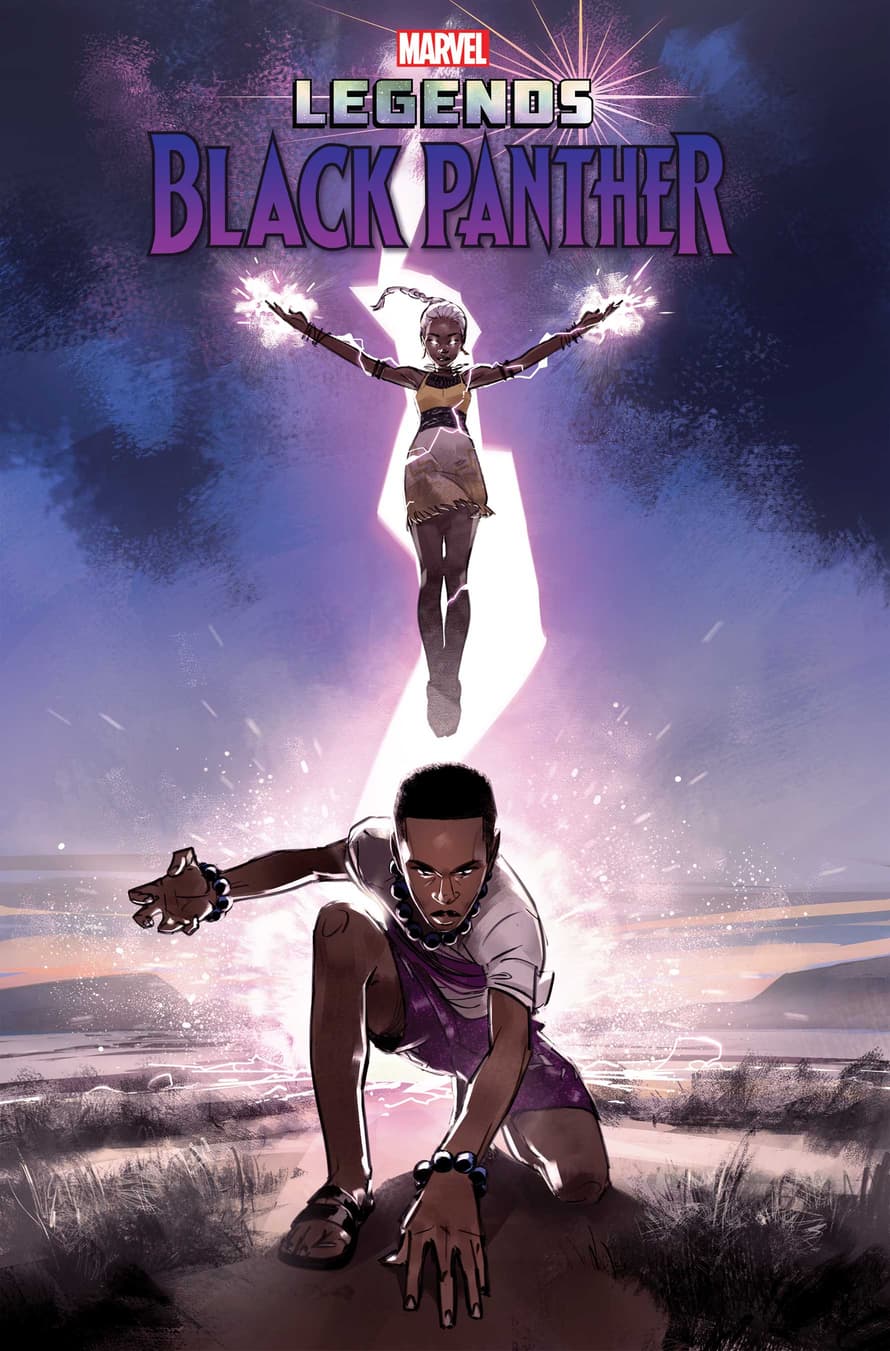
You’re going to be using the character of Hunter, T’Challa’s stepbrother. Comics fans may know Hunter, but for newer readers, why did you want to use him?
He’s a goldmine of storytelling potential! Oh my goodness! [Laughs] When I first encountered Hunter, I wondered why he hasn’t been featured in every Black Panther story! [Laughs] He’s so compelling. I have to confess to a certain amount of glee when I discovered how relatively untouched this character was because I could really have fun with him.
I love this idea and motif of brothers and the relationship between them. The issues of responsibility, of inheritance, of power, of patriotism—what does it look like to see all of that manifest differently? I think what’s also fascinating to me is the issue of Hunter’s race. There’s this white kid who under very tragic circumstances gets adopted into the royalist black royal family. [Laughs] That in and of itself is a super compelling story. Then you have T’Challa being born as this younger brother and Hunter having to deal with no longer being the one, the heir so to speak. The storytelling potential there was just so magnificent.
I’m getting more and more speechless just thinking about it because Hunter is such a rich character and provides such a fantastic foil for T’Challa. Seeing them interact, specifically in the particular context of BLACK PANTHER LEGENDS, they have to deal with issues of apartheid. How does Hunter, as a white kid growing up in the black royal family, face that? It’s so rich! I also think that’s a dynamic that can appeal to younger readers. The idea of family with all of these different pressures exerted on it. I think it’s something younger readers will see in this book and it will make them think, it will make them look at their own familial dynamics and see the idea of family in a more interesting light. I just love brothers. [Laughs]
Who else from around the Marvel Universe are we going to see in BLACK PANTHER LEGENDS?
I am so excited for y’all to meet Storm in BLACK PANTHER LEGENDS. Going back to the question of how do you tackle a story that’s been done so many times before, there have been several instances in which we’ve seen that initial meet-cute between T’Challa and Ororo. This was an opportunity to do that, but new. The way we were able to pull it off—I don’t really want to say anything beyond that, I don’t want to get into spoilers, but it’s something that will make readers very happy.
We wanted to make sure Storm was a character in her own right, that this is a book where she didn’t exist solely to serve his character development. I think that’s a trap writers can sometimes fall into, particularly with hero books, that you’ll have these compelling female or nonbinary characters who exist only for the hero’s character development, or they’re plot devices. We worked really hard to make sure that wasn’t the case here. The Ororo you meet here is compelling with her own desires and hopes and fears and wishes and dreams. I’m really proud of how we were able to pull that off. We will meet the Fantastic Four as well in this series!
What can you tell me about the art from Setor Fiadzigbey?
It’s amazing. I think when we first were put in touch it was very meaningful for me because it was two folks of African descent working on a book about an African hero. That to me is so super important. Beyond even surface level concerns about diversity or inclusion, there is a very specific perspective that we can bring to this story. That’s something I think you’re going to see throughout the book quite a bit. It was very meaningful for me to see that. I’ve been a fan of Setor’s work since before we got on the book together. It’s not just a pleasure, it’s an honor to be able to work with this crew. I’m overjoyed.
If somebody is somehow still on the fence about picking up BLACK PANTHER LEGENDS, what is your final pitch to them?
This is Black Panther like you’ve never seen him before. I can say that with complete honesty. We’ve seen Black Panther in so many different lights but what this book manages to pull off is asking what was T’Challa like as a kid? What did he have to go through? How did he turn into the hero we know him as today? Those are questions this book seeks to answer and I believe ultimately does.
BLACK PANTHER LEGENDS #1 is available at your local comic shop right now!
The Daily Bugle
Can’t-miss news and updates from across the Marvel Universe!
